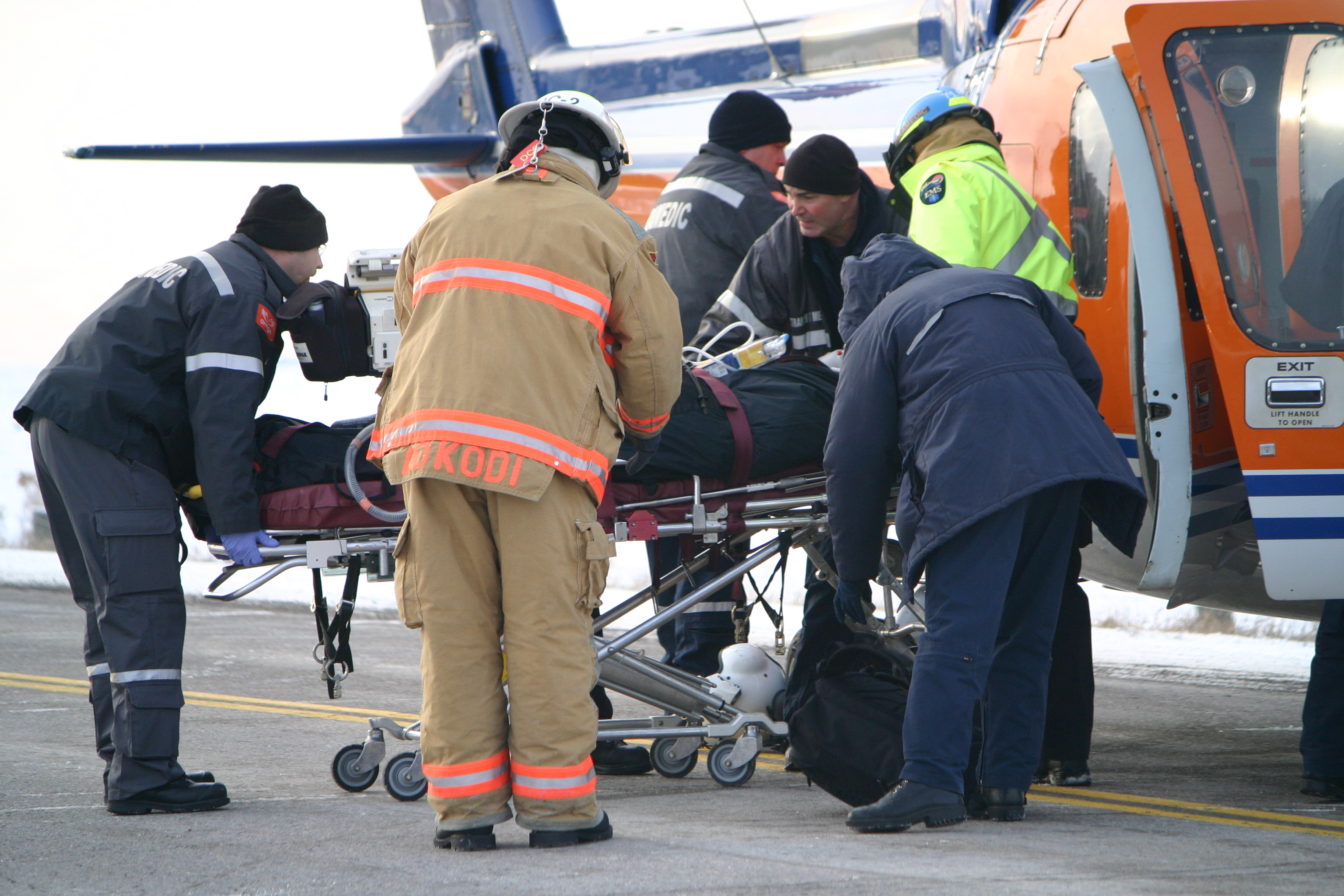First aid is an important skill for us now, with an intact society—but if that societal framework collapses, it will become even more crucial. You’ll be on your own in treating minor and even major injuries and illnesses, and most likely without the crucial medicines or equipment. Here are a few things you should know to keep alive after an apocalypse—zombie or otherwise.

Prevent infections without antibiotics
If you don’t have access to antibiotics, you’ll learn pretty fast that even a tiny nick can be the death of you. Approximately two out of three deaths in disaster situations are caused, directly or indirectly, by infection.
Antibiotics have a limited shelf-life—and they’re likely to be in high demand after the lights go out. So even if you do manage to get your hands on them, they won’t last forever. It’s essential to be able to treat wounds without antibiotics.
A mixture of salt, vinegar, and clean water can serve as a makeshift antibiotic—as long as you can get to clean water. Whether or not you can, clean the wound and cover it immediately. Leave the cover on until a scab forms.

Purify your water
Water can be hard to come by in disaster situations. It can be infected with bacteria from dead matter, fecal matter, and other pollutants. In addition, depending on the reason for the ecological disaster, water can be polluted with chemicals or other manufacturing runoff, as well as radioactive particles.
There are several different ways you can filter your water. Two inexpensive and effective choices are carbon and ceramic. Carbon filters remove organic pollutants such as pesticides, chlorine, and other industrial chemicals; however, they are ineffective against viruses and bacteria, and they can even breed bacteria in the inside of the filter. Because of this, it’s recommended to pair carbon with a ceramic filter, which targets parasites and bacteria and which are easy to clean and carry.
If you have no filters, however, boiling water can be an effective method of removing most bacterial impurities.

Know how to treat shock
In any apocalyptic event, chances are a lot of people around you will be in shock—even if injuries are not severe. To treat shock, lay the person down and elevate the feet about 12 inches—as long as you don’t suspect any spine or leg breaks. Keep the victim warm; use warm clothes, blankets, towels, or anything else you have. If clothing is tight and restrictive, loosen it—cut it if necessary. If the person has vomited or is bleeding from the mouth, turn the head to the side. Talk to the person and provide reassurance; do not give food or water until their condition has improved.
Know how to treat animal bites
For most of us in the United States and other Western countries, dogs are peaceful pets. But in an end-of-the-world scenario, those pets could become separated from their owners quickly—and they could go feral. In underdeveloped countries, roving packs of dogs are not an uncommon sight—and they could become more common as society collapses in the west, as well.
If you or someone in your group has been bitten by a dog, it’s essential to know how to treat it—as dog bites can quickly get infected. First, put a clean cloth or towel over the injury and apply pressure to stop the bleeding. Keep the injured limb elevated and wash the wound with soap and filtered water. Apply a sterile bandage (boil your bandages if you don’t have sterile ones in a package) and a vinegar, water, and salt mixture for a makeshift antibiotic if you don’t have Neosporin or another antibiotic ointment.

Know first aid for broken bones
If you are hunting and foraging for your own food and generally living rough on the land, you may be at risk for nasty falls, animal encounters, and other events that could lead to a broken bone.
If a bone is broken, first stop the bleeding. Apply pressure to the wound with a clean cloth or bandage. Do not try to re-set a broken bone; instead, try to keep the limb immobile. If you have been trained by a medical professional in how to splint a bone, this would be the time to fashion a makeshift splint; otherwise, just keep the limb still. Apply an ice pack—a chemically-activated ice pack is an essential first aid item for apocalypse situations, as it’s easily portable and doesn’t require refrigeration. Lastly, treat the victim for shock if necessary.

Know how to treat for heat stroke
If you’re stuck across the country from your loved ones in an apocalypse situation—or the only cure for the disease that’s wiped out half the world is in an isolated government-run infectious-disease center in Vermont—chances are you’ll have a long way to walk. Walking, building a cabin, and other strenuous activities in hot weather can lead to heat stroke, so it’s essential to know how to treat it.
First, get the stricken person out of the sun. Take the victim inside or into the shade. Apply cold, wet cloths to areas such as the neck, armpits, and groin, and fan air towards them to help them cool off.
If the person is unconscious or vomiting, do not give them water. If they undergo a seizure, try to keep them safe—do not try to immobilize them entirely. In case of vomiting, turn the person’s head to the side to keep their airway clear.
The end of the world is a terrifying prospect—one that has inspired countless films, books, and television shows. If you’re lucky enough to be one of the few to survive in an apocalypse situation, you can increase your chances of further survival by knowing the basics of first aid. It’s never too early to start preparing—the survival of the species may depend on your first aid skills.




